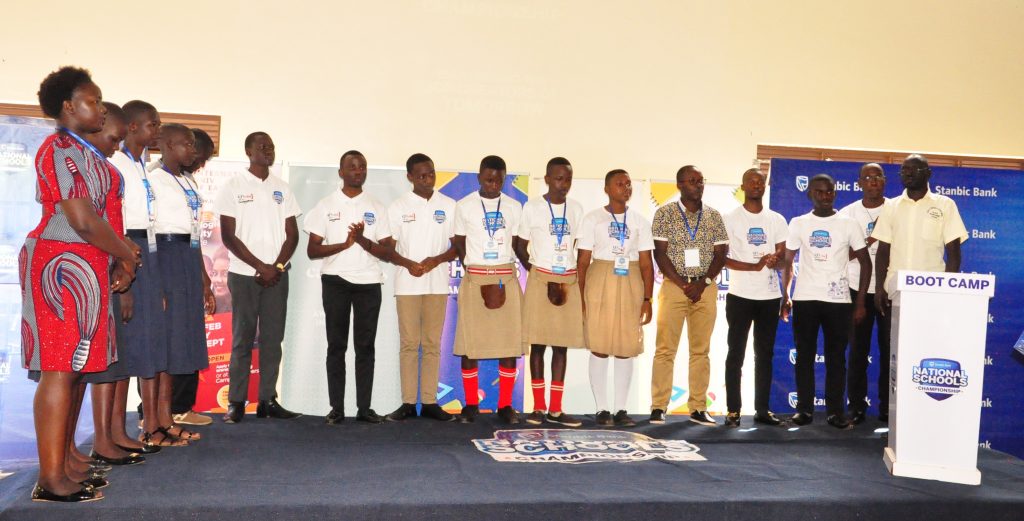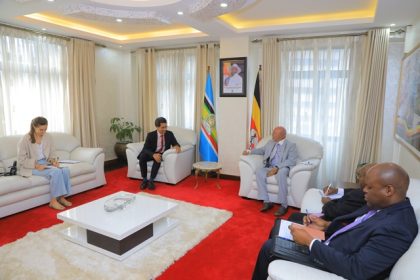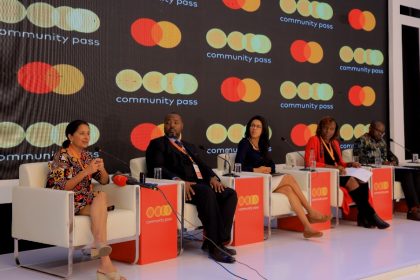Four schools in final round of Stanbic innovation competition

May 17—Four secondary schools are through to the final round of Stanbic National Schools Championship that has been running since February with eventual the winner in line for an all expenses trip to South Africa. Education takes the bulk of the Stanbic Bank Uganda CSI program.
Nyakasura School (Western region); St. Mary’s College, Kisubi (Central region); Holy Cross View SSS (Eastern region) and St Mary’s College, Aboke (Northern region) are now preparing business plans to be presented before a panel of judges.
“My congratulations go to all the schools that have participated in this year’s championship. The quality of competition has been very impressive thus far. This year particularly has seen great enthusiasm from the students which continues to prove there is growing popularity of the competition across the country year on year,” Barbara Kasekende, Stanbic Bank Head of Corporate Social Responsibility (CSR) said recently.
The four schools were also awarded UGX 1 million (nearly $265) worth of seed money to inject into their businesses which were presented and justified in front of a panel of judges. The marks accrued from the presentations will contribute to their final score in the Championship finale.
Kasekende said, “The four finalists and selected participating schools will now be invited for the national championship grand finale at which a combination of results from the vocational tasks and business skills assignments during the boot-camp, the business project operation as well as the final presentations made on this day, will culminate into the announcement of a national champion. The winner will walk away with prizes for both the participant and their school.”
This is the fourth edition of the National Schools Championship under the theme ‘Empowering the job creators of tomorrow’.
The annual competition seeks to equip students with business and enterprise skills in a bid to nurture entrepreneurship, creativity and long term business thinking.
“The boot camp is the second last stage of the completion where students are equipped with business, writing, life, presentation and marketing skills to enable them set up a business project in their communities,” Kasekende said.
This year, the competition began with activations across the four regions of the country. Participating schools then went through classroom tests after which they had a business idea generation session that allowed them to present their business ideas to their respective school communities.

 African Heads of state head to South Korea next week for Summit talks
African Heads of state head to South Korea next week for Summit talks
 Trading leads as main source of income for Ugandans
Trading leads as main source of income for Ugandans
 Uganda-Tanzania announce date for second joint business forum
Uganda-Tanzania announce date for second joint business forum
 Women social entrepreneurs offered chance to visit New York
Women social entrepreneurs offered chance to visit New York
 With eyes on oil and gas, France pledges USD 3 billion investment in Uganda
With eyes on oil and gas, France pledges USD 3 billion investment in Uganda
 Mastercard Community Pass showcases apps for underserved
Mastercard Community Pass showcases apps for underserved
